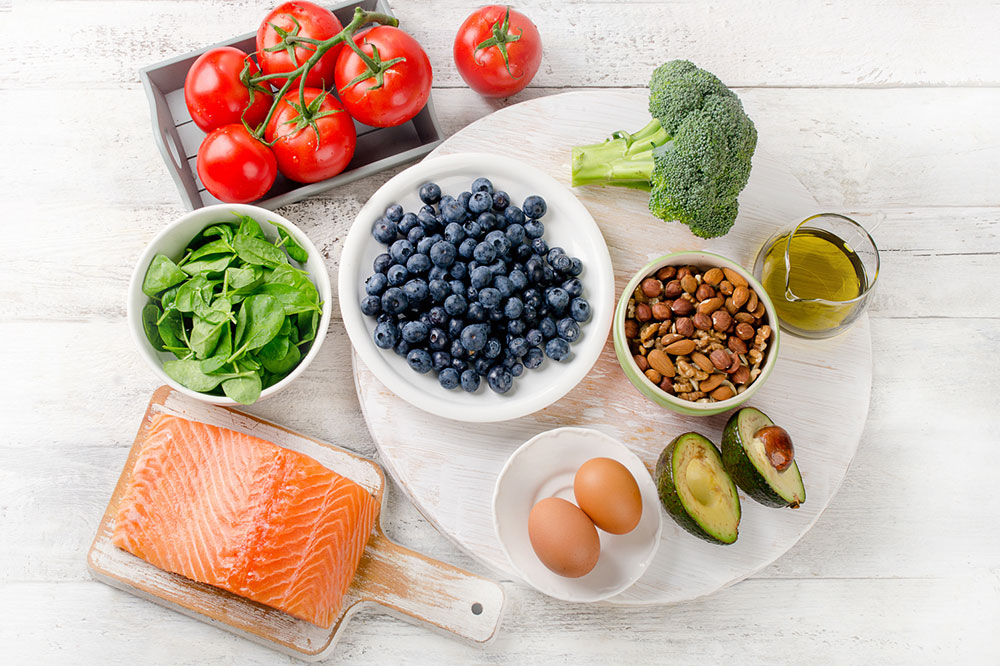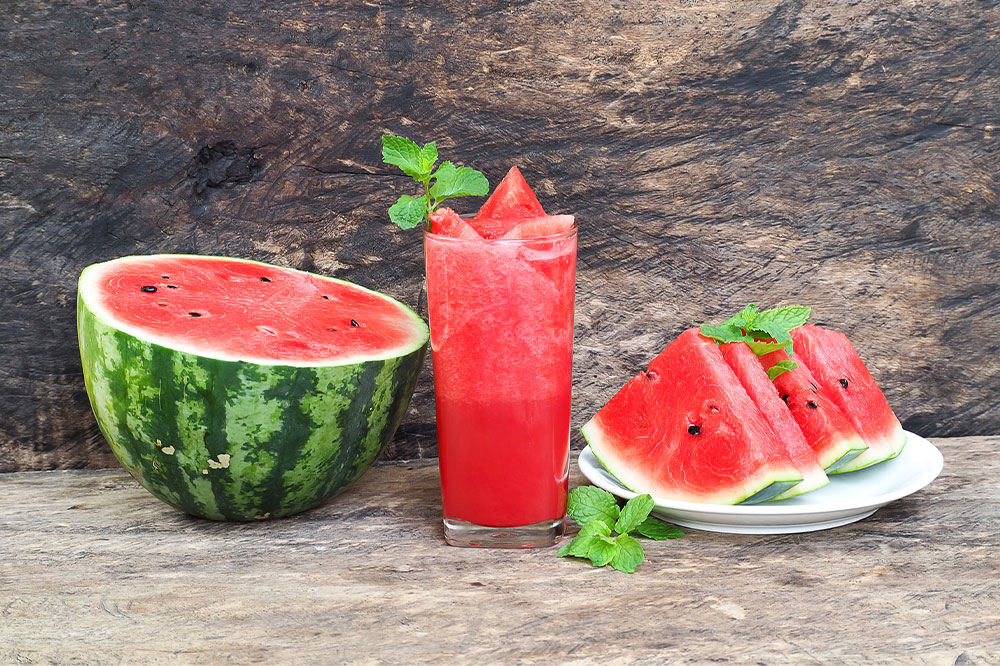Comprehensive Guide to the Top 6 Nutrients That Support Prostate Health and Help Prevent Cancer
This comprehensive article explores six key nutrients and foods that support prostate health and potentially prevent prostate cancer. It details how cruciferous vegetables, lycopene-rich fruits, omega-3 fatty acids from fatty fish, green tea, legumes, and berries can contribute to prostate health. The article emphasizes dietary strategies alongside medical treatments like XTANDI, providing well-rounded guidance for men concerned about prostate cancer risk or managing the disease. Discover easy ways to incorporate these foods into your diet and support your prostate health effectively.

Comprehensive Guide to the Top 6 Nutrients That Support Prostate Health and Help Prevent Cancer
The prostate gland, a small but vital organ in the male reproductive system located between the penis and rectum, is susceptible to various health issues, most notably prostate cancer. This form of cancer develops when abnormal cells in the prostate multiply uncontrollably, potentially leading to serious health complications. While medical interventions and screenings are crucial in managing prostate health, research increasingly highlights the importance of dietary choices and nutrients that can play a preventative or supportive role. It is widely recognized that no single food or supplement can cure prostate cancer. However, maintaining a nutrient-rich, balanced diet can significantly contribute to prostate health, reduce cancer risk, and help manage side effects associated with treatment. This article explores six essential nutrients and foods that have shown promise in supporting prostate health, backed by scientific studies and expert recommendations.
Cruciferous Vegetables: Nature's Protectors
Cruciferous vegetables, such as broccoli, cauliflower, Brussels sprouts, and kale, are among the most beneficial foods for prostate health. These vegetables contain a variety of phytochemicals, including glucosinolates, which are converted into biologically active compounds like indoles and isothiocyanates during digestion. Scientific research suggests that these compounds have the ability to target and destroy prostate cancer cells, inhibit tumor growth, and reduce inflammation. Regular consumption of cruciferous vegetables has been linked to a decreased risk of developing prostate cancer. Incorporating a generous portion of these vegetables into your daily diet, whether raw, steamed, or stir-fried, can provide a protective effect and support overall prostate health.
Tomatoes and Other Lycopene-Rich Fruits
Tomatoes are renowned for their high lycopene content, a powerful carotenoid antioxidant that has been extensively studied for its protective effects against prostate cancer. Lycopene helps neutralize free radicals, reduce oxidative stress, and inhibit cancer cell proliferation. Evidence indicates that men with higher intake of lycopene-rich foods have a lower risk of prostate cancer. Besides fresh tomatoes, other fruits such as watermelons, guavas, and papayas are excellent sources of lycopene, especially when processed or cooked, as this increases bioavailability. Including these fruits in your diet regularly can enhance your antioxidant defenses and support prostate health.
Omega-3 Fatty Acids from Fatty Fish
Cold-water fatty fish such as salmon, trout, mackerel, sardines, and herring are rich in omega-3 fatty acids, particularly EPA and DHA. These essential fats are known for their potent anti-inflammatory properties, which can play a crucial role in reducing the chronic inflammation associated with cancer progression. Studies suggest that omega-3 fatty acids may help inhibit tumor growth by modulating cell signaling pathways and immune responses. For optimal benefits, aim to include fatty fish in your diet at least twice a week, whether grilled, baked, or poached. Omega-3 supplementation may also be considered after consulting with a healthcare professional, especially for individuals with specific health conditions.
Green Tea: A Natural Source of Antioxidants
Green tea has long been celebrated for its high concentration of antioxidants, notably catechins such as epigallocatechin gallate (EGCG). These compounds exhibit anti-cancer properties, including the ability to prevent the initiation and progression of prostate cancer. Research indicates that drinking at least one cup of green tea daily may reduce the risk of developing prostate cancer and slow the progression in men who have already been diagnosed. Green tea can be enjoyed hot or iced and is a healthy addition to a well-balanced diet. Additionally, green tea extracts are available in supplement form, but it is recommended to consult a healthcare professional before use.
Legumes: Plant-Based Protein and Phytoestrogens
Legumes such as beans, lentils, chickpeas, and peanuts are rich sources of plant-based protein and contain phytochemicals called phytoestrogens, which have been linked to protective effects against prostate cancer. Isoflavones present in soybeans and chickpeas can mimic estrogen, potentially blocking harmful hormonal influences that promote prostate tumor growth. Regular consumption of legumes not only supports prostate health but also benefits overall health by providing essential nutrients, fiber, and antioxidants. Incorporate legumes into salads, soups, or as side dishes multiple times a week for optimal benefits.
Berries: Natural Antioxidants for Cell Protection
Berries, including strawberries, blackberries, blueberries, and raspberries, are packed with antioxidants such as vitamin C, anthocyanins, and flavonoids. These compounds are vital in neutralizing free radicals that can damage healthy cells and contribute to cancer development. Berries also support immune function and reduce inflammation, further lowering the risk of prostate cancer. Their high fiber content and low calorie count make them an excellent choice for a healthful, disease-preventive diet. Incorporating a variety of berries into daily meals—whether in smoothies, cereals, or salads—can significantly bolster your body's defenses against oxidative damage.
In addition to nutritional strategies, medical treatments are available for men diagnosed with advanced prostate cancer. One such treatment is XTANDI (enzalutamide), an FDA-approved medication primarily used for metastatic castration-sensitive, metastatic castration-resistant, and non-metastatic castration-resistant prostate cancer. XTANDI works by blocking androgen receptors, thereby inhibiting the growth of prostate cancer cells. Patients should have informed discussions with their healthcare providers regarding the benefits, potential side effects, including risks like seizures, and whether this therapy is suitable for their specific condition. Integration of dietary support with medical treatments can enhance overall outcomes and improve quality of life.




